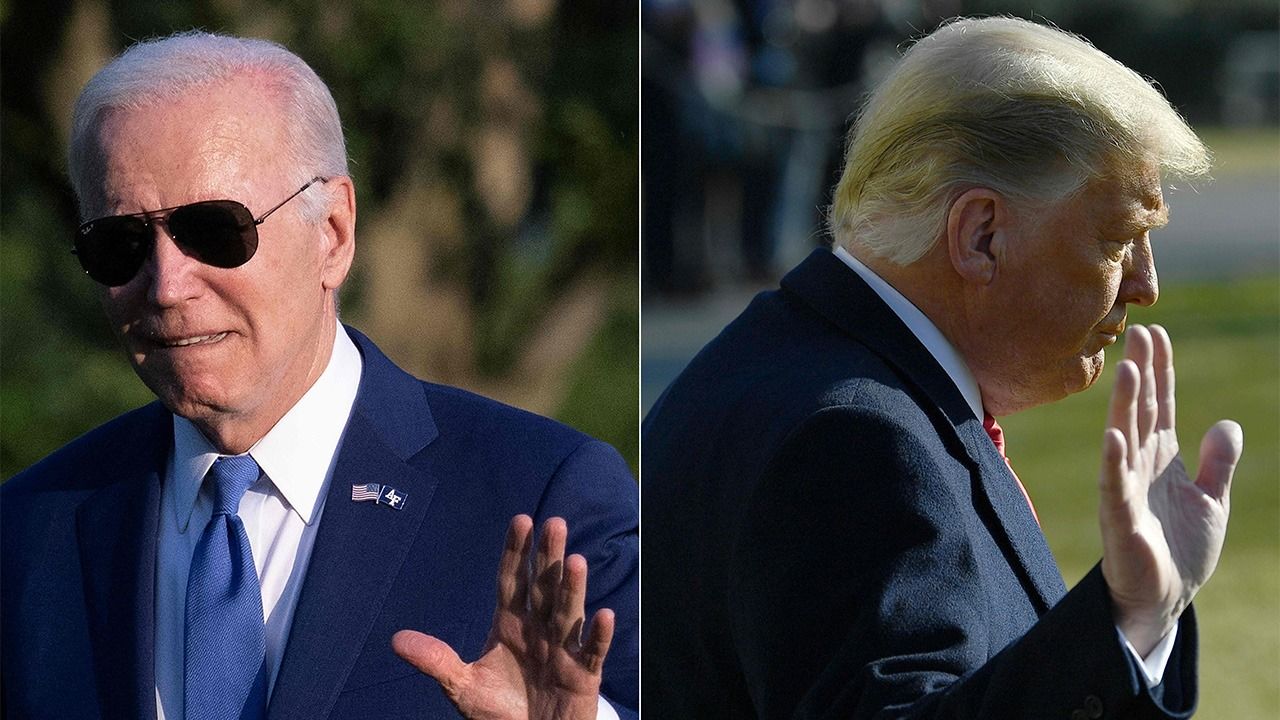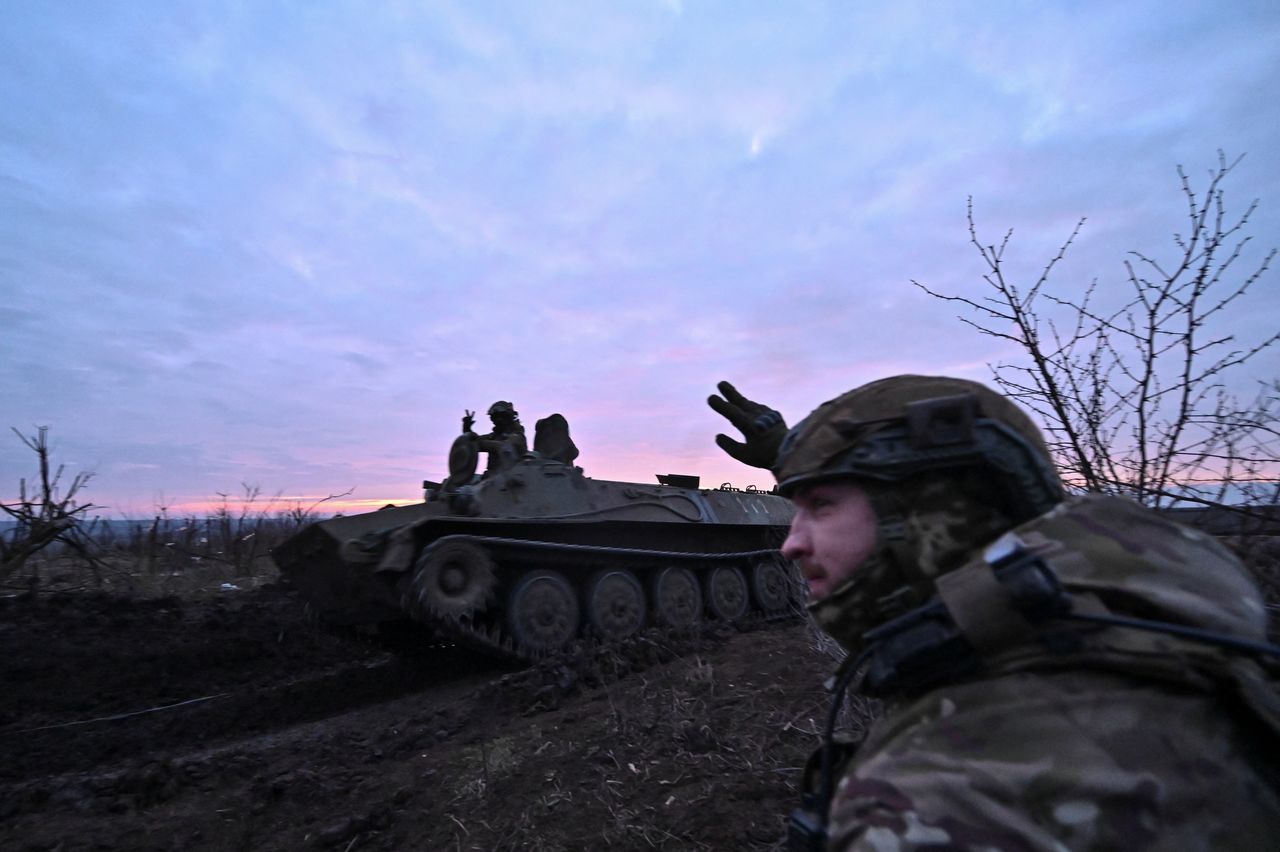
Year Three of the War in Ukraine: Japan Should Not Get Ahead of Itself
Politics Economy- English
- 日本語
- 简体字
- 繁體字
- Français
- Español
- العربية
- Русский
The demographic composition of the United States is rapidly changing. The percentage of white Americans of European descent is in constant decline, while migrants make up an increasingly higher percentage of the population. At the same time, many white workers in the lower and middle classes have lost their jobs.
This is why the politics of former President Donald Trump resonates with them. He has claimed that Americans have been losing money and jobs to overseas competitors, and that only he is willing to rectify this. Trump has promised that he would bring jobs home by getting companies to invest in America.
In the 2020 presidential election, Biden won significantly more votes at the national level. However, Biden only narrowly defeated Trump in Georgia, Arizona, Wisconsin, and Nevada. If the results in these four states had been reversed, Trump would have been reelected. These states will remain crucial to deciding the outcome of the 2024 election as well.
As things stand, there is a 50–50 chance that a “Trump 2.0” administration will be born after the American public votes in November later this year. The outcome of the presidential election will likely not be known right until the very end.
The “Early Ceasefire” Proposal to Pre-empt Trump
The Biden administration represented an about-turn on various foreign policies from the first Trump administration. While Trump downplayed the value of democracy in geopolitics, Biden twice held the Summit for Democracy. Trump criticized Japan and European allies for taking advantage of the United States and for “freeriding” on security issues, while Biden placed significant and explicit emphasis on the value of American alliances. Biden also returned the United States to the Paris Agreement on climate change after Trump’s withdrawal in 2017. Biden also proposed the Indo-Pacific Economic Framework as a replacement for the Trans-Pacific Partnership after Trump’s withdrawal, which also took place in 2017.
A second Trump administration would try to reverse Biden’s reversals. Furthermore, Ukraine, which relies on Western support in its fight against Russia’s invasion, will find itself in a particularly difficult situation. A United States led by Trump would likely cease its support for Kyiv, and Europe could eventually be forced to follow suit, leaving Ukraine with little capacity to continue the war, forcing it to accept a cease-fire. This would leave the Donbas region and Crimea in Russia’s hands, with no prospect of Ukrainian NATO membership on the horizon.

Zaporizhzhia (southern Ukraine) under attack by Russia. (© Reuters)
As Ukraine may suffer even more than it is now following a Trump win, some have proposed encouraging Kyiv to accept a ceasefire and even end the war by ceding territory before Russia gains any more advantage.
The Biden administration, however, seems to reject this thinking. It remains in steadfast support of Kyiv despite resistance from congressional Republicans to further military support.
Thus, if Japan were to say to the United States that “now is the time to start discussing the terms of a ceasefire,” it could be perceived as Japan as trying to thwart the White House’s foreign policy agenda in anticipation of a second Trump administration.
Russia’s invasion of Ukraine is a clear violation of Article 2 of the United Nations Charter (the principle of the non-use of force). Moreover, if Japan insists on taking such steps to avoid a more difficult situation in the future, this may send a problematic message to China that when the going gets tough, Japan is liable to take the easy way out. That would be detrimental to Japan’s national interests.
Of course, analysts should consider various scenarios from different angles and consider the possible outcomes and how they might affect one’s national interests. However, doing so out loud might not be the wisest course of action. In May 2022 at the World Economic Forum in Davos, Switzerland, former US Secretary of State Henry Kissinger argued that Ukrainian territory should be ceded in order to reach a peace agreement. All this did was to stimulate vehement opposition from President Volodymyr Zelenskyy and the Ukrainian people.
Japan entrusts its security to the United States. Only Americans can decide who their president will be. We do not get to choose. We have little choice but to wait until November 2024 before undertaking any major initiative regarding Ukraine. If a Trump administration is formed, we simply say, “Let’s work together again.” If Biden wins a second term, we say the same thing. We need to keep separate for now the issue of how we work in step with the United States and its leaders. We should also not be tempted to try and work with European countries to develop a strategy to thwart a second Trump administration.
Putin Cannot Be Allowed to “Get Away with It”
Right now, it seems the current war situation is a “win-win” situation for Russia, in that Moscow will benefit whether a ceasefire is agreed to or not. The important thing is not to let this become the case in the longer term. The accession to NATO of Finland and Sweden, which had formerly maintained distance from the organization, will be one such negative factor for Russia in the future. The West and its allies must also continue to prevent Russia from accessing the latest technology and suspend personnel exchanges. It is important that the Russian people come to believe that they have lost out due to “Putin’s war.”
What should be kept in mind if ceasefire negotiations are initiated sometime in the future is that they should not be like the “Peace of the Siege of Osaka,” which Tokugawa Ieyasu struck with Toyotomi Hideyori during his siege of the fortress. One condition Ieyasu set for a ceasefire was for the castle’s outer moat to be filled in with soil; after this took place, Ieyasu’s men began filling in the inner moat as well, and when hostilities began again in April 1615, Osaka Castle fell, despite previously being thought to be impregnable.
This is an example where a ceasefire only allowed the side on offense to strengthen its position and create a fait accompli later on. Turkey has mediated negotiations between Russia and Ukraine in the past, but it will be necessary to at least have the United Nations and the Organization for Security and Cooperation in Europe involved in the peace process to ensure that Russia does not benefit perversely from a peace agreement.
Japan’s role at that time should be focused on supporting the reconstruction of Ukraine. After all, Japan gained experience in this area following the wars in Iraq and Afghanistan.
Tokyo should not overestimate its geopolitical influence beyond that, though. Japan is not providing arms to Ukraine, and unlike Europe, it is not a major player in the region. Furthermore, if a future Trump administration were to unilaterally cease the provision of military assistance to Ukraine, some may argue that Japan, as an ally, should try and persuade the United States to continue its support. However, would a Trump administration be persuaded on this point, given that Japan itself provides little in the way of significant military assistance to Kyiv?
It is important for Japan to carefully assess the situation and do the best it can without taking any careless actions preemptively or overestimating its importance. In this sense, I think the Ukraine Reconstruction Assistance Conference in Tokyo on January 19, which included civilian participants, was a good thing and where Japan should be focusing its energies.
(Originally published in Japanese based on an interview by Koga Kō of Nippon.com. Banner photo: US President Joe Biden, left, and Former President Donald Trump. © AFP/Jiji.)
international relations Japan-US relations Ukraine Donald Trump conflict Joe Biden